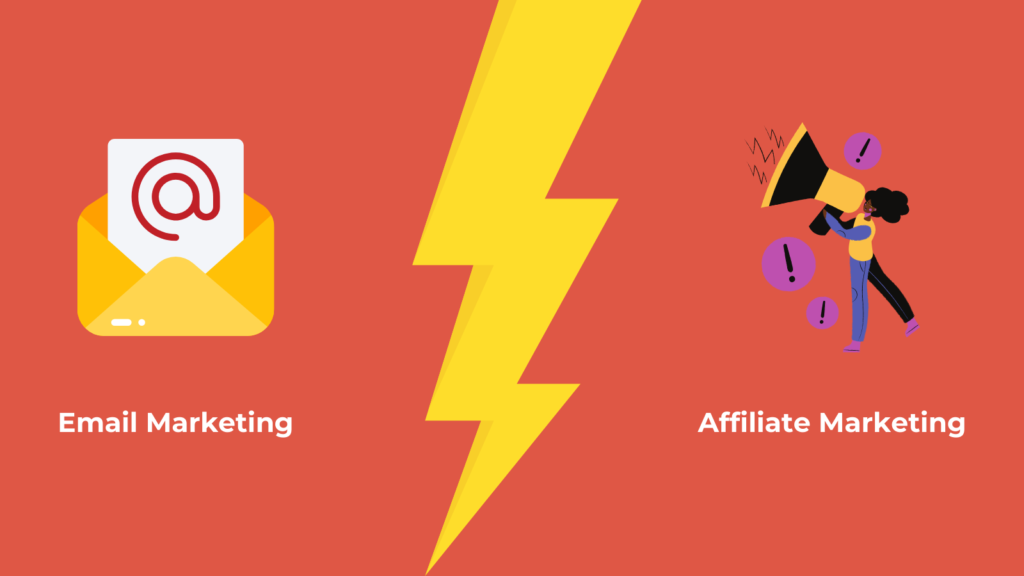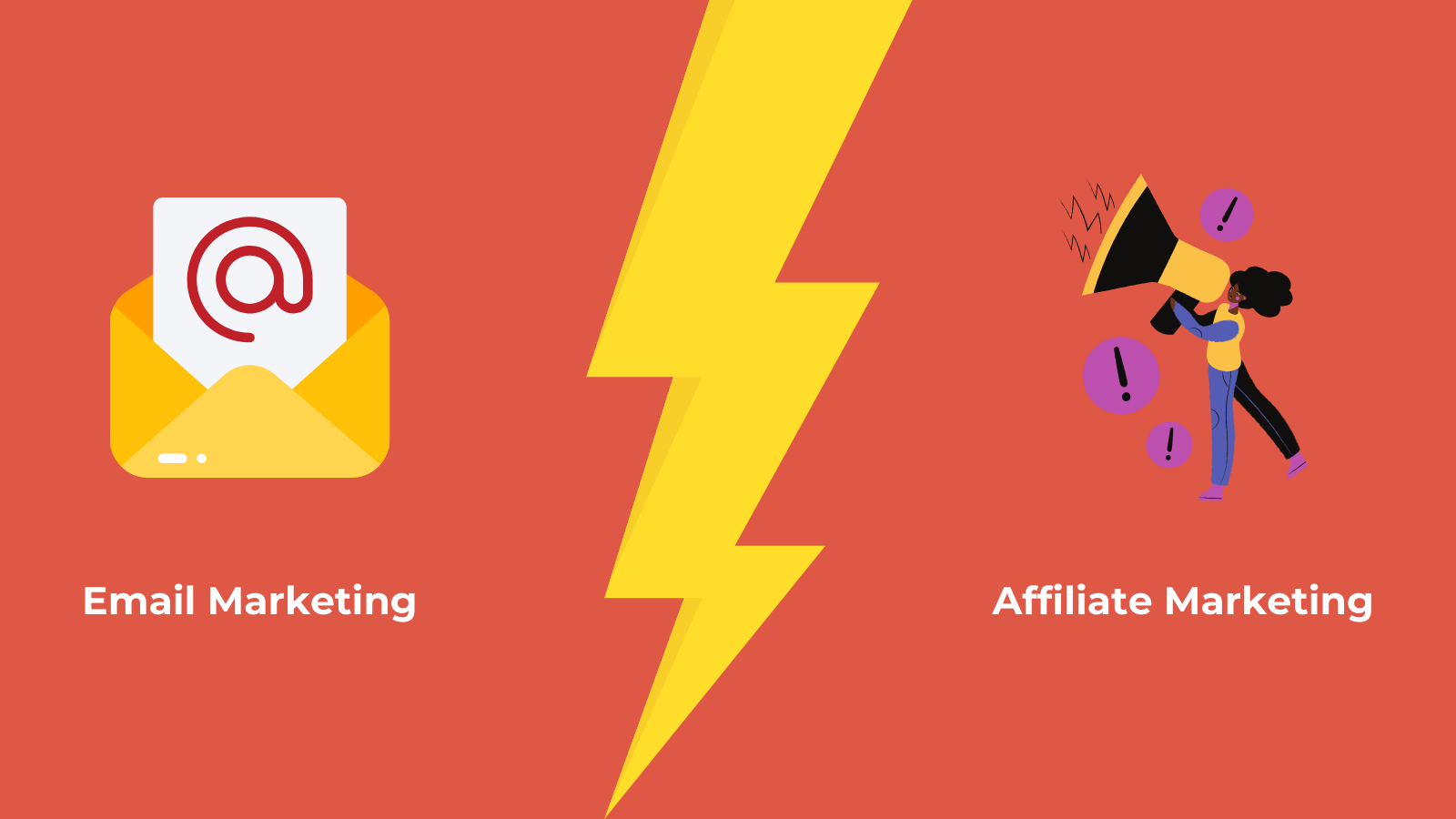
Table of Contents
Introduction
Let’s settle the debate of email marketing vs affiliate marketing, as both are powerful strategies in digital marketing, but they serve different purposes and can be used in conjunction to maximize results. In this article, we’ll dive deep into what each method entails, their pros and cons, and how they can complement each other.

What is Email Marketing?
Email marketing involves sending promotional messages to a group of people via email. It’s a direct form of marketing where businesses communicate with their audience to promote products, services, or content.
Pros of Email Marketing:
- Direct Communication: Allows businesses to communicate directly with their audience.
- Personalization: Emails can be personalized to cater to individual preferences.
- High ROI: Known for delivering a high return on investment.
Cons of Email Marketing:
- Spam Risks: Risk of emails being marked as spam.
- Maintenance: Requires constant list management and content creation.
Click here for best free email marketing tools list.

What is Affiliate Marketing?
Affiliate marketing is a performance-based strategy where businesses reward affiliates (partners) for driving traffic or sales to their website through the affiliate’s marketing efforts.
Pros of Affiliate Marketing:
- Cost-Effective: Pay only for actual sales or leads.
- Scalability: Easily scalable by adding more affiliates.
- Low Risk: Low financial risk since you only pay for results.
Cons of Affiliate Marketing:
- Less Control: Businesses have less control over how affiliates market their products.
- Quality Variation: The quality of traffic and leads can vary significantly.
- Commission Costs: Paying commissions to affiliates can add up.
Would you like to make money with affiliate marketing? Check out this website for a list of affiliate programs.
Differences Between Email Marketing and Affiliate Marketing
- Control: Email marketing gives you full control over the content and timing, whereas affiliate marketing relies on third-party affiliates to promote your products.
- Cost Structure: Email marketing often has a fixed cost for software and management, while affiliate marketing is performance-based, with costs tied to sales or leads generated.
- Reach: Email marketing targets an already-engaged audience, while affiliate marketing can help you reach new audiences through affiliates’ networks.

Not Mutually Exclusive: Combining Email and Affiliate Marketing
Interestingly, email marketing and affiliate marketing can work together to create a synergistic effect rather than competing with each other because as you might have understood by now, they are not mutually exclusive, but rather overlapping. Here’s how:
- Affiliate Promotions via Email: Promote affiliate products to your email list, providing value to your subscribers while earning commissions.
- Affiliate Email Campaigns: Use email campaigns to support affiliate marketing efforts, driving traffic to affiliate offers.
- Data Insights: Use insights from your email campaigns to inform your affiliate marketing strategies, and vice versa.
Examples
- Example 1: A Fitness Blog can use email marketing to send workout tips and product recommendations, while also including affiliate links to gym equipment.
- Example 2: An E-commerce Store can use affiliate marketing to expand its reach and then use email marketing to nurture leads and encourage repeat purchases.
Conclusion
Both email marketing and affiliate marketing offer distinct advantages and can be powerful when used together. By leveraging email marketing, you can maintain direct communication with your audience, build relationships, and promote affiliate products seamlessly. Similarly, affiliate marketing allows you to expand your reach and generate new leads, which you can then nurture through targeted email campaigns. Combining these strategies not only enhances your marketing efforts but also maximizes your overall ROI, ensuring sustainable business growth.
Remember, the key is to use these tools not in isolation but as part of a cohesive strategy that aligns with your overall business goals.

Leave a Reply